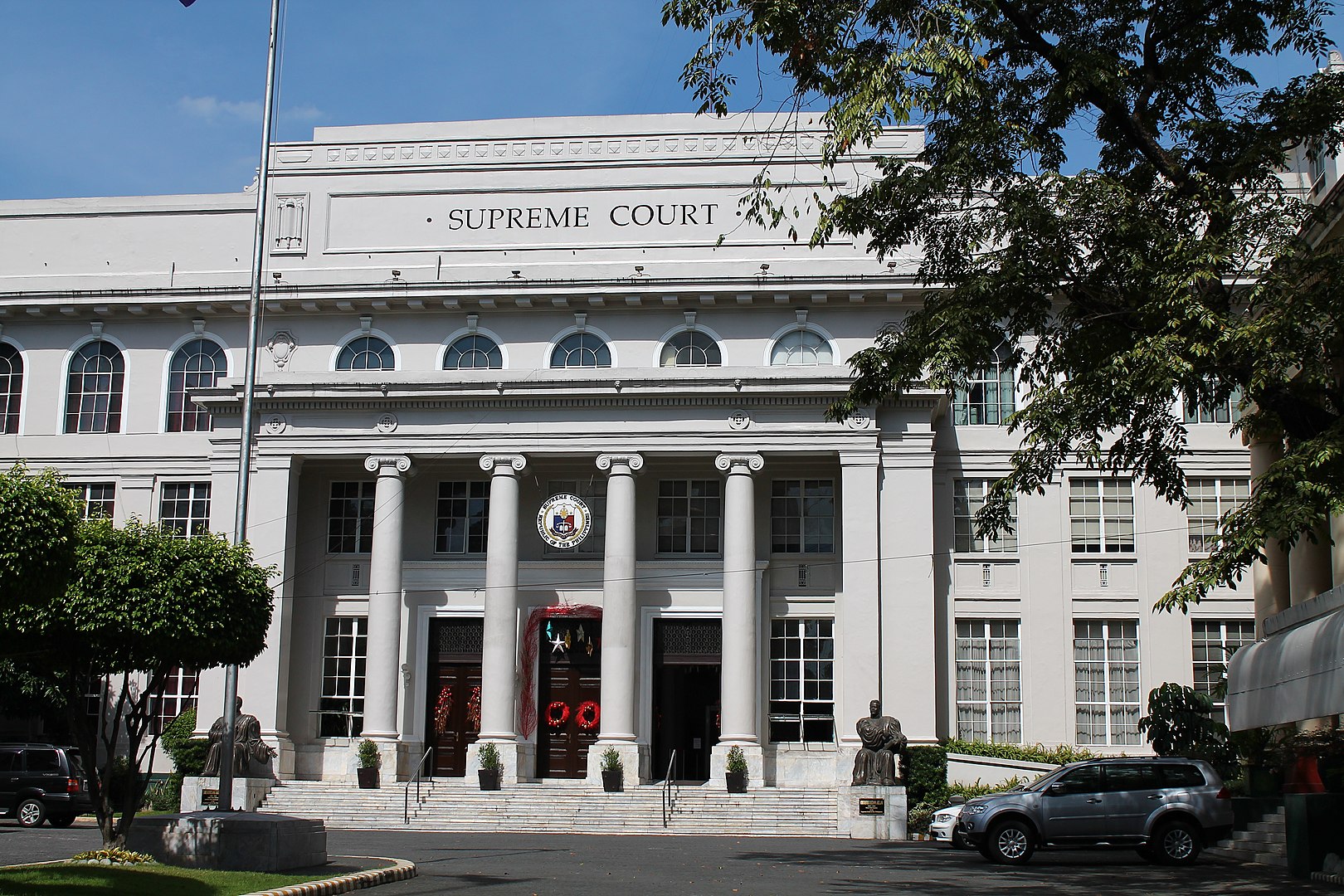News
SC allows Sandigan to hear plunder charges vs. Enrile

Supreme Court of the Philippines (File Photo By Aerous – Own work, CC BY-SA 3.0)
By Benjamin Pulta, Philippine News Agency
MANILA – The Supreme Court (SC) ruled to allow the Sandiganbayan to continue hearing the case against Chief Presidential Legal Counsel Juan Ponce Enrile in connection with alleged irregularities in the Priority Development Assistance Fund (PDAF) two decades ago.
“The prosecution should be allowed to present evidence at its discretion and in compliance with the law and regulations,” the Court said in a news release Monday.
In 2014, the Ombudsman charged Enrile, his chief of staff Jessica Lucila Reyes, businesswoman Janet Lim Napoles, Ronald John Lim and John Raymund de Asis with plunder in relation to Enrile’s PDAF transactions between 2004 and 2010.
Enrile filed a motion for bill of particulars with the anti-graft court, requesting specific details from the prosecution to properly prepare for trial.
The Sandiganbayan denied Enrile’s motion.
However, the SC ordered the prosecution in 2015 to submit a bill of particulars on some of the items in Enrile’s motion, after finding out that some of the requested information were necessary.
Enrile then objected to the contents of the pre-trial order, arguing that the prosecution’s evidence should be limited to those defined in the prosecution’s bill of particulars.
In dismissing Enrile’s petition, the SC ruled that the prosecution’s evidence should not be limited to what is stated in the bill of particulars.
The Court added that while a bill of particulars, together with the Information, is useful in identifying the main issues and ultimate facts, it is not an exhaustive list of the evidence the prosecution may present.
“The prosecution must be allowed to present evidence based on its own discretion and in accordance with the law and the rules… Its discretion is limited only by the requirement that the evidence must be admissible,” it said in a decision dated Feb. 27 and made public Monday.
“As much as litigants demand fairness from the courts, the judiciary similarly expects fairness from litigants. No court or judge should be charged with grave abuse in the absence of proof.”





















